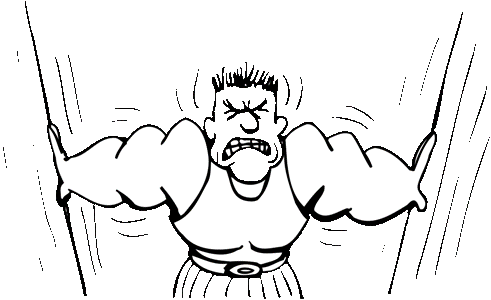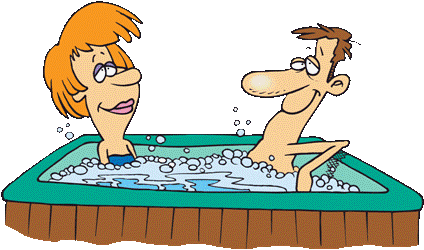Break vs. Brake
What is the difference?
Break and brake are two commonly confused words in the English language. When do you use each one?
Click Here for Step-by-Step Rules, Stories and Exercises to Practice All English Tenses
Even though these two words are spelled differently, they are pronounced the same. But their meanings are very different!
We'll talk about each word and look at examples so you'll understand the difference.
Break
The word break can be used two different ways.First, break can be a verb that means to separate into parts in a violent way OR to make stop working.
For example, you can break a wall if you are very, very strong!
Or you can break a machine, like a slide projector. This means you did something wrong and the machine won't work now.
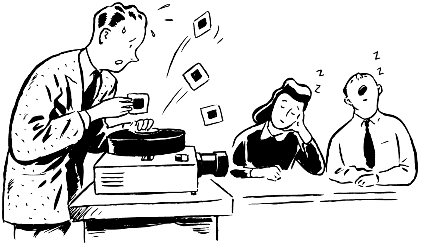
Remember that break is an irregular verb. The simple past of break is broke. The past participle (used in the perfect tenses and the passive voice) is broken.
Examples:
- Oh,
I'm sorry! I broke
this glass. Was it expensive? I'll pay for it.
- I dropped the glass, and it broke into many pieces when it hit the floor.
- She broke her arm when she was ten years old.
- I think this watch is broken. It doesn't show the correct time.
- As she climbed, she broke the ice with her pick to get a good hold.

Remember that break can also be used as a noun. In this case, a break is a rest, or time off from work or study.
Example:
- They are enjoying a nice break from their busy work schedule.
Brake
Brake can
also be used in different ways. As a noun
it is the part of a vehicle (like a car or a bicycle) that makes it
stop or slow down.We often say brakes in plural when we are talking about a vehicle.
The most common way to use brake is as a verb that means to slow down or stop your vehicle by using this mechanism.
He's going too fast! He
should brake!
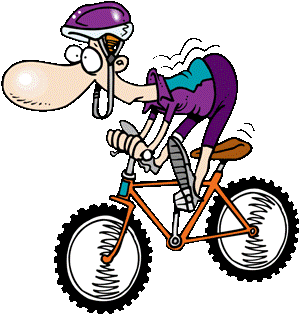
Examples
- The brakes on my car are making noise! I should take it to the mechanic to see if there's a problem.
- There was a dog in the road, but I braked in time. Thank goodness I didn't hit it.
- The man was driving very fast, and he didn't see the stop
sign. He didn't brake in
time, and he knocked the sign over!
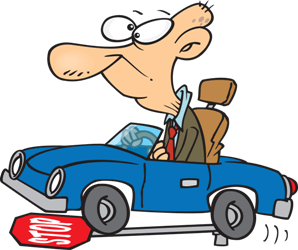
More Tips
Remember that break
is used to talk about objects that have been separated into pieces
violently, like when they are dropped or hit. It can also be used to talk about a machine that isn't working.
When we use break as a noun, it is a rest.
Brake, on the other hand, is only used to talk about the mechanism in a vehicle that makes it slow down or stop.
Both of these words can be used either as a verb or a noun.
See? That wasn't so hard! Now you've got it!

These were the differences between break and brake. Now that you understand, it's time to practice! Get our ESL Books.
Get Updates, Special Offers, and English Resources
Download your FREE GIFT (the first two chapters of
English Short Stories Book and Workbook)
as soon as you join!

By submitting your email, you consent to receiving updates and newsletters from us and to the sharing of your personal data with third parties for the purposes of sending you communications. We will not spam you. You can unsubscribe at any time. For more information, please see our privacy policy.

